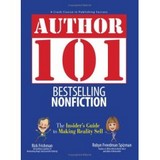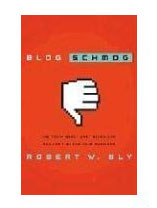Get The Story Down
Over the last fifteen plus years, I've had many opportunities to interview book authors and talk with them about how they practice their craft. Whether fiction or nonfiction, I've always been interested in how they start the process.
Gilbert Morris, a prolific novelist, told me about his unusual technique. He creates an outline of his story and knows the background on his characters. Then he sits quietly at his desk with a tape recorder and orally records his novel. The tapes are transcribed and he takes this oral storytelling as the foundation to begin his rewriting process. Gil Morris told me about Sidney Sheldon, the bestselling author who also uses this technique. Yesterday at the age of 89, Sheldon died. His initial technique to start his writing process was tucked into the Associated Press story: "Unlike other novelists who toiled over typewriters or computers, he dictated 50 pages a day to a secretary or a tape machine. He corrected the pages the following day, continuing the routine until he had 1,200 to 1,500 pages. ''Then I do a complete rewrite-- 12 to 15 times,'' he said. ''I spend a whole year rewriting.'' Several of his novels became television miniseries, often with the author as producer."
I have a full profile about Morris planned for an upcoming issue of Right Writing News, my free Ezine which is only available to subscribers. If you haven't subscribed, follow this link and get a free bonus 150 page Ebook called Ezine Marketing Magic.
Each novelist has to find their own rhythm and storytelling technique. It's the same for the nonfiction author about how they practice their craft. There are many different ways to get the story down for the first draft. You have to determine which way works for you--your ability, your lifestyle and your available time to write.












 Over the holidays, I read a new book about blogging --
Over the holidays, I read a new book about blogging --  Typically during the holidays, my wife and I get to a movie or two. This past week, we caught
Typically during the holidays, my wife and I get to a movie or two. This past week, we caught  Last night we saw
Last night we saw  Happy New Year 2007.
Happy New Year 2007. 



















